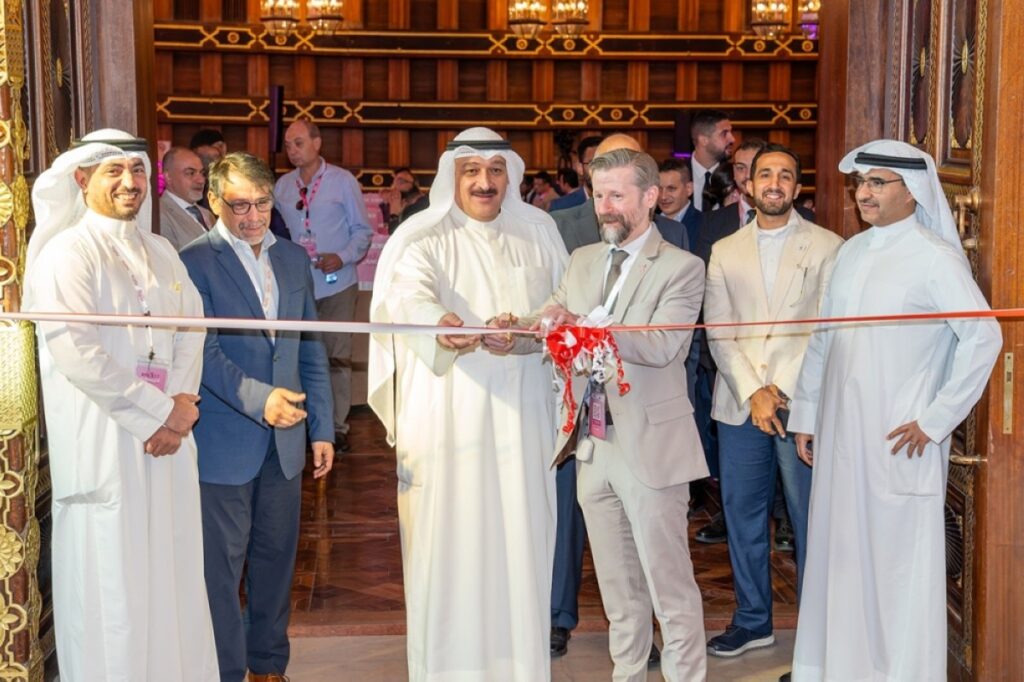KUWAIT: Kuwait’s health minister says early detection and comprehensive care are central to the country’s fight against breast cancer, as the Kuwait Breast Cancer Conference 2025 opened Friday. Health Minister Dr Ahmad Al-Awadhi said the ministry’s approach aims to align with “the latest global medical advancements,” describing the conference as a scientific and humanitarian platform that puts “the individual and their wellbeing at the top of priorities.”
Citing World Health Organization data, Al-Awadhi said more than 2.3 million women worldwide were diagnosed with breast cancer in 2022, and that number is expected to rise by nearly 38 percent by 2050, according to The Lancet. “These figures push us to strengthen early detection efforts, which significantly raise survival chances,” he said. “The five-year survival rate exceeds 99 percent when the disease is discovered in its early stages, according to the American Cancer Society.”
To that end, the Health Ministry has launched a national early detection program across all six governorates and opened a rapid diagnosis clinic at the Kuwait Cancer Control Center, which delivers results within 48 hours. The ministry has also set up the region’s first genetic laboratory to identify gene mutations and guide targeted therapies, he said. Oncology services have expanded at Jaber Al-Ahmad Hospital, which now has a specialized surgical and reconstructive team for breast cancer patients performing both traditional and minimally invasive procedures.
Kuwait has also introduced advanced hormone, immune, targeted and antibody-linked chemotherapy treatments, Al-Awadhi said, describing them as part of a “comprehensive and patient-centred care model.” “Building an advanced health system depends on qualified professionals, continuous education and training, and using knowledge to serve humanity,” he said, adding that international experts taking part in the conference are helping drive improvements in healthcare quality.
Conference Chair Dr Anwar Al-Nouri said the event underscores the ministry’s commitment to “enhancing healthcare quality based on scientific evidence and keeping pace with the latest advances in breast cancer treatment.” Al-Nouri noted that breast cancer accounts for about 13 percent of cancer-related deaths worldwide. He said the conference provides a platform to showcase updates in immunotherapy, hormone therapy and targeted treatments, along with recent research from the European Society or Medical Oncology and the American Society of Clinical Oncology. — KUNA

